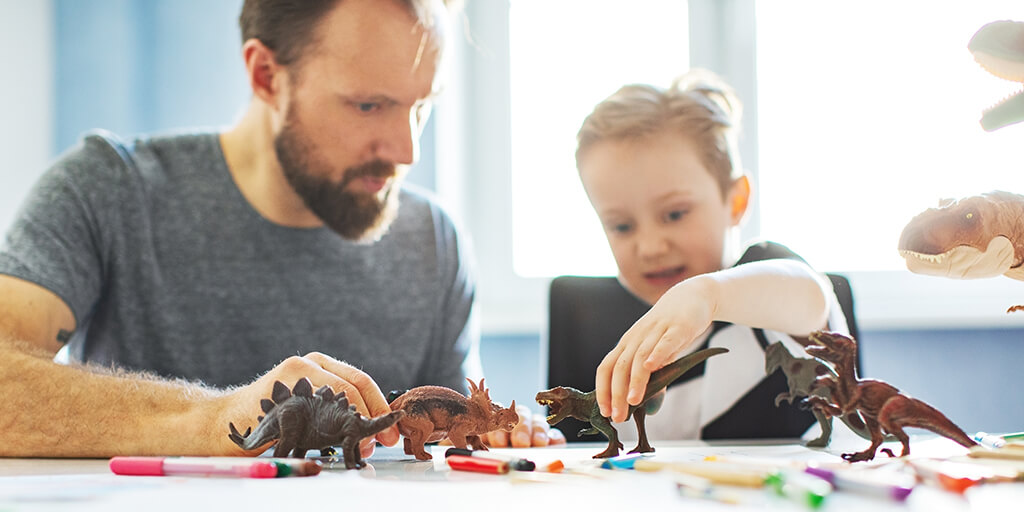
Bringing Up Great Kids (BUGK) and Capacity Building
This ‘Bringing Up Great Kids (BUGK) and Capacity Building’ blog article was written by the Parenting and Early Years Team, at the Australian Childhood Foundation.
In working with families, we have often observed that ruptures in relationships happen because of a paucity in the adult’s capacity to regulate. We believe “parents do the best they can for their children with what they have got”. In our BUGK trainings for facilitators we try to emphasise the importance of practice as capacity building. This is when parents/carers absorb how they want to be with their children from BUGK resources and materials. Parents can then better regulate themselves and respond how they want to when under stress.
Capacity building practice activities are different to teaching techniques that are rote learnt and applied to any parent/child situation.
Parenting capacity or social and emotional capacity works as a container that keeps what parents learn through experience, books, trainings and other sources of knowledge together. This capacity enables them to absorb what they have learnt before and learn even more by implementing. But what happens when the container is too small? The content may overflow! When we transfer knowledge, techniques and strategies to parents without being mindful about their capacity to contain or absorb, this knowledge will probably result in further overwhelming them and even diminishing their capacity. BUGK supports families who have not had the chance of building the capacity so they can support children and maintain nurturing and supportive relationships with them.
PLAY builds capacity
Play is an extraordinary capacity builder. Parents can be supported to play as much as they can with their children. Theresa Kestley reminds us that play is a neural exercise for children. It provides them with a safe and unlimited world to engage in nurturing social and emotional interactions with their family. From a parental perspective, as there are less rules and obligations in the play world compared to the real world, it might be easier for parents to concentrate on their relationship with their children while playing. A successful play experience can leave parents with a positive sense of parenting and connection to their children. The more they experience playing with their children the more they will be able to build their capacity.
Looking metaphorically at the tree as relationships with children, a tree has its roots in the past. The trunk would be the parent’s capacity to keep the tree standing, vivid and strong. It is a tree that has several fruits like satisfaction, happiness and good mental and physical health.
Finally, it is fair to say that activities like play, telling stories and reading books are like the tree’s leaves. As they grow, they absorb sunlight and oxygen (that cannot be absorbed by the roots) and contribute to the growth of the whole tree by making the trunk more strong and sturdy. This metaphor leads us to imagine an environment where parents are supported to play with children and share their experiences and receive relevant and supportive knowledge that enriches their future play experiences.
